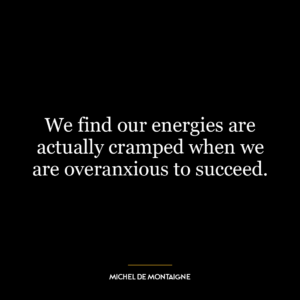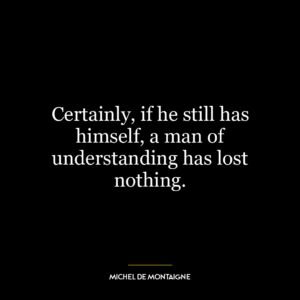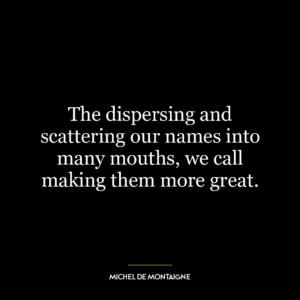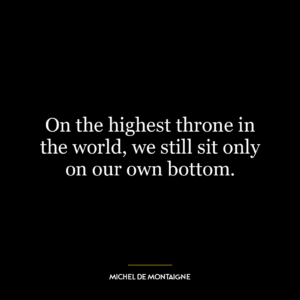Lying is a terrible vice, it testifies that one despises God, but fears men.
This quote suggests that lying is not just a moral failing, but a spiritual one as well. It implies that when one lies, they are essentially showing more fear of the judgment of their fellow humans than the judgment of God. The underlying assumption here is that God values truth and honesty above all else, and to lie is to disrespect those values.
The first part of the quote, “Lying is a terrible vice,” categorically condemns dishonesty. A vice refers to an immoral or evil habit or characteristic – in this case, lying. The term ‘terrible’ intensifies this condemnation.
The second part of the quote offers an explanation as to why lying is so terrible: “it testifies that one despises God but fears men.” Here we see two contrasting ideas – despising God versus fearing men. To despise something means to have contempt for it or a lack of respect. In contrast, fear often stems from respect for power or potential consequences.
By saying someone who lies shows both these attitudes simultaneously, it’s suggested they’re valuing human opinion over divine principles – they’re more worried about being caught in their lie by people than facing divine retribution for their dishonesty.
Applying this idea today could involve considering how much value we place on others’ opinions versus our own moral compass. In an age where social media can amplify peer pressure and public opinion can be swift and harshly judgmental, there may be increased temptation to lie or present false appearances out of fear of negative judgement from others.
In terms of personal development, it could serve as a reminder to stay true oneself rather than bending truths for approval or acceptance from others. Being honest might not always be easy in the short term – especially if there’s pressure from peers – but in terms of long-term personal integrity and self-respect (and potentially religious faith), truthfulness holds far greater weight.
Thus while Montaigne’s quote is centuries old, it can still provide a meaningful perspective on truth, integrity and the value of being genuine in our contemporary world.















